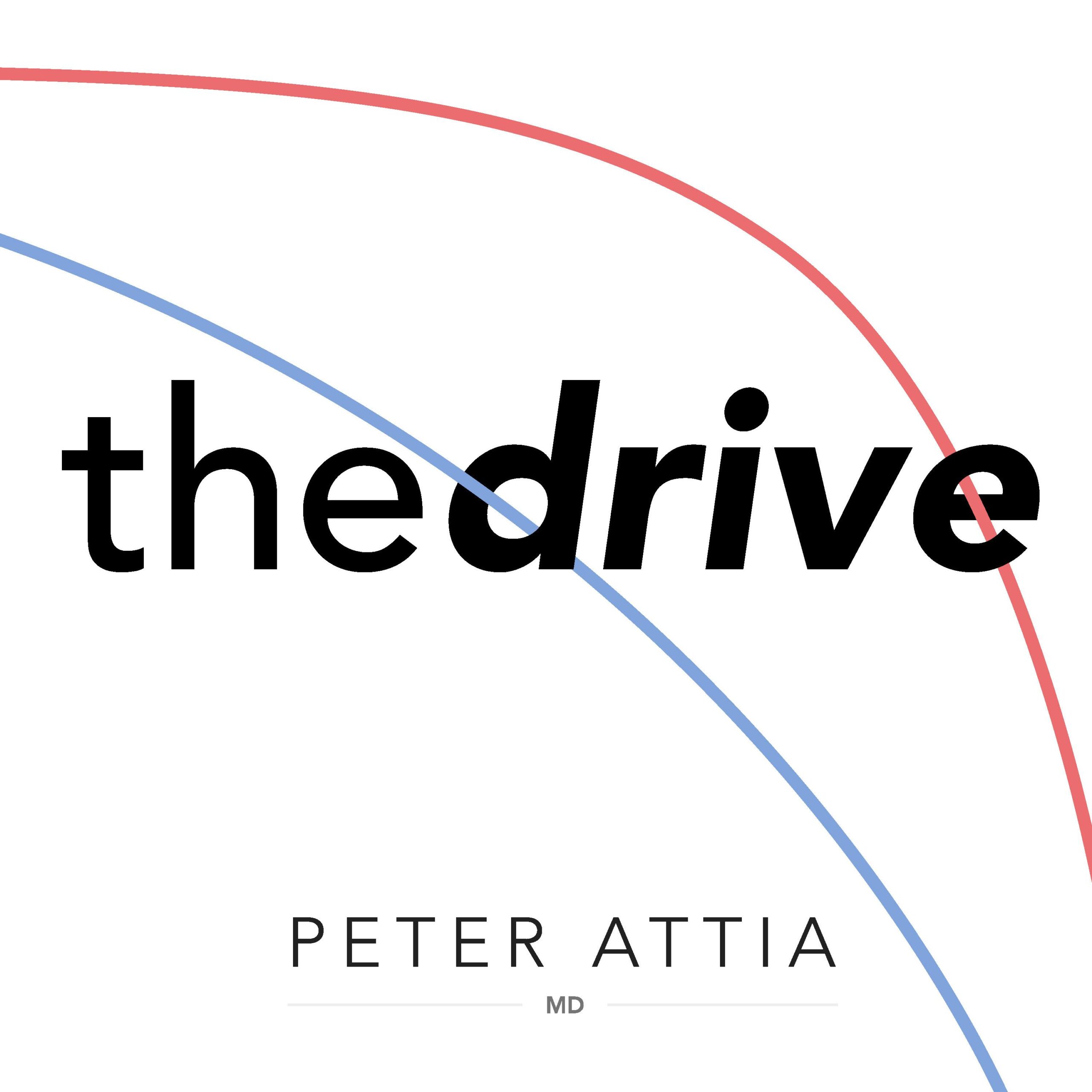#43 – Alan Bauman, M.D.: The science of male and female hair restoration – how to protect, enhance, and restore the appearance and health of the hair and scalp
In this episode, Alan Bauman, certified hair transplantation surgeon and hair restoration expert, discusses both male and female pattern hair loss, the science behind what drives it, and what that tells us about prevention and restoration. Having treated over 20,000 patients, Alan shares his invaluable insights into what works and what doesn’t in terms of … Read more

